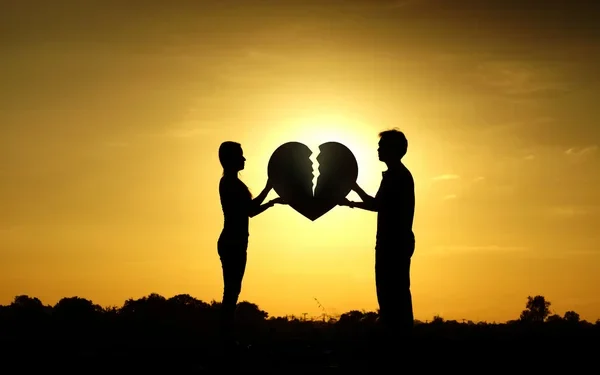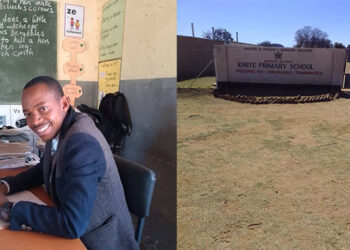Love has a way of lingering, even when we think we’ve moved on. For one individual, the end of a three-year relationship left emotional echoes that time has yet to silence. After an unexpected breakup in the third year, they tried to keep a brave face. But when their ex reached out two months later to reconcile, the wounds were too fresh, and the answer was no.
Now, a year later, the emotional tide has shifted. Still struggling to move on, they recently reached out to their former partner to explore the possibility of rekindling what they once had. To their surprise, the ex suggested meeting in person. But doubts remain.
“I don’t think I genuinely want her back,” they admit, “but my mind keeps drifting back to what we had.”
This situation highlights the complex emotional terrain of lost love and potential reconciliation. On one hand, there’s the comfort of familiarity and the pull of unresolved feelings. On the other, the fear of reopening old wounds or returning to a relationship that may not have been right to begin with.
So, what should one do when the heart seems trapped between the past and the future? Experts often suggest reflecting deeply on the reasons the relationship ended in the first place. Were those issues ever addressed? Is there a foundation for a healthier, happier connection now?
It’s also essential to assess whether the desire for reconciliation stems from loneliness or genuine belief in a renewed future together. Rushing into reconciliation out of fear of being alone can lead to more heartache down the road.
While meeting in person could provide clarity, approaching such a meeting with honesty and openness is key. If both parties are willing to communicate candidly about their intentions, it could either pave the way for a fresh start or provide the closure needed to truly let go.
Ultimately, the decision lies within. But in navigating the crossroads of love and loss, one thing is clear: the heart deserves both time and truth to heal fully.









